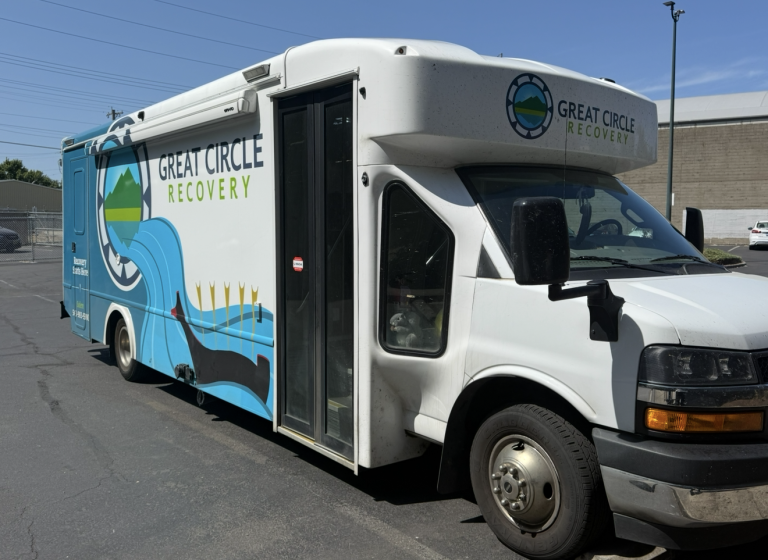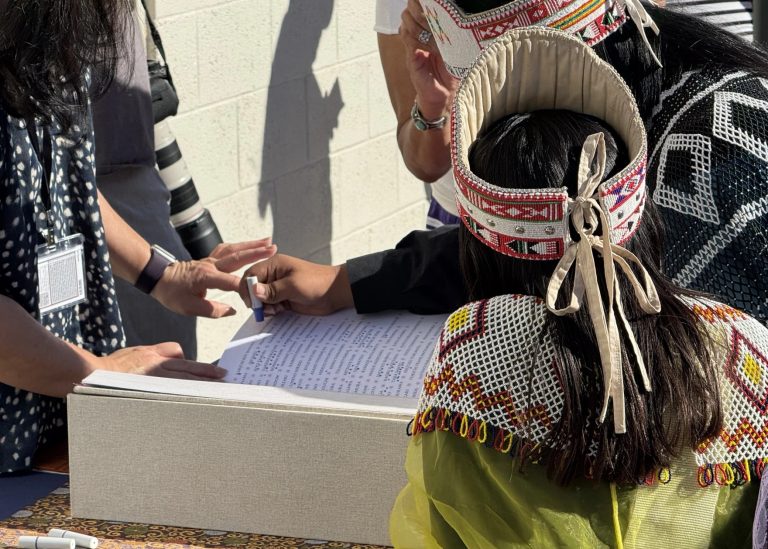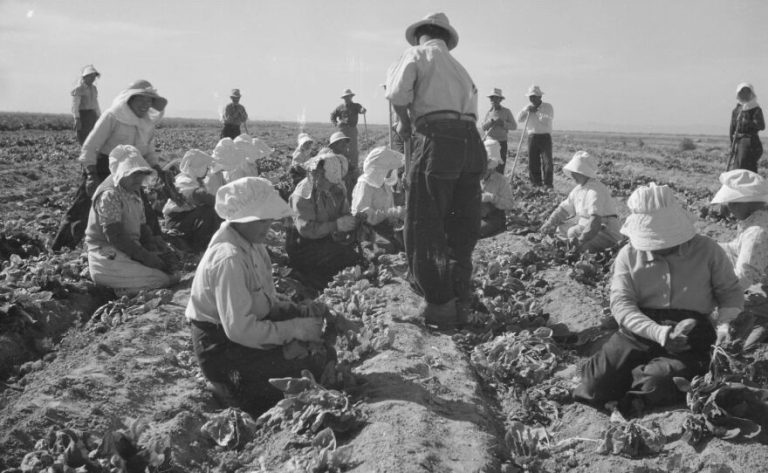Podcast: Play in new window | Download | Embed
As cold temperatures remain in South Dakota, Native groups in Rapid City are reaching out to their unsheltered relatives and are seeking assistance from the local government.
A warming tent that was being used at the Woyatan Lutheran Church was taken down after requests from the city, which cited safety concerns.
The church and Native groups are asking the city for alternatives, as they continue to help those in need.
They’re also asking community members to drop off warming supplies, winter clothes, or volunteer their time.

Tennepah Brainard is among those college students who are stranded in Oregon due to the winter weather. (Photo: Brian Bull / KLCC)
The cold weather is also impacting travelers.
It’s been a challenging week for airline travelers as the winter weather has led to several days of frustration across the Pacific Northwest and elsewhere.
It’s impacting plans for some tribal college students hoping to start the spring semester, as KLCC’s Brian Bull (Nez Perce) reports.
In Oregon, dozens of flights have been canceled at both the Eugene and Portland airports.
Among those stuck is Tennepah Brainard, a Coos-Apache senior at the Institute of American Indian Art in Santa Fe.
She’s been trying to get back there since Sunday.
After so many cancellations, she’s resigned to staying with her family in Eugene a bit longer and seeing if her instructors will let her do classes online.
“Some of them are telling me that it’s getting pretty hard, they don’t do Zooms. And I’m like, ‘Well, I can’t do anything about this, can you just make an exception, please?'”
Brainard says the terminal was chilly and communication was sporadic between gate staff and passengers.
She kept herself entertained with Netflix movies on her phone.

Courtesy Angel Ellis
Gary Fife (Muscogee) spent more than a half century working to change the way the journalists cover Indigenous peoples – and was still hosting radio shows and writing a weekly column when he died Sunday at the age of 73.
Fife devoted the last years of his life to his tribe in Oklahoma and the news organization Mvskoke Media, which is owned by the tribe.
But as KNBA’s Rhonda McBride reports, he was also the first host of National Native News.
Diane Kaplan, who was director of the Alaska Public Radio Network, says back then, it was hard to find a Native American host for a daily news show.
“So, I recruited Gary. And there wasn’t a second person to recruit at that time that I was aware of. He was literally like the only person I could identify that had the skills to do that and fortunately, he said yes.”
Kaplan says Fife sacrificed a lot for the job.
It was also difficult to convince station managers that there was an audience for Native news.
In a recent interview with Mvskoke Media’s Jarred Moore, Fife talked about how he pushed reporters to go beyond what he called “beads and feathers stories” and the stereotypes they perpetuate.
“Native America is like Europe. Italians are as different from the Russians, as the Apaches are from the Senecas. And so, we don’t speak the same language. We don’t all ride horses and chase buffalo. That was a challenge, so we educate the reporters. I think we gained a measure of success in doing that. I really do think Gary was probably decades ahead of his time.”
For Native journalists like Angel Ellis, Fife was both a journalist and teacher, who encouraged reporters to learn about the history, language, and culture of Native peoples.
In one of his last interviews, Fife was hopeful about the future of Native journalism.
New Year. New Newsletter. Get National Native News delivered to your inbox daily and stay up-to-date on the 2024 Native Vote. Sign up for our daily newsletter today.



